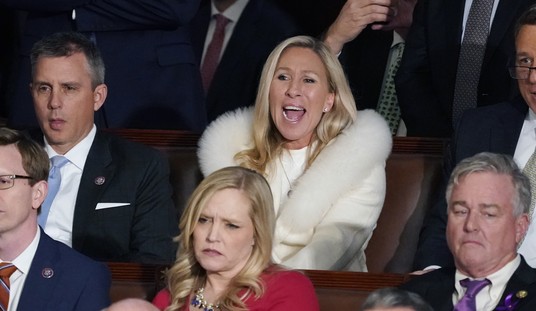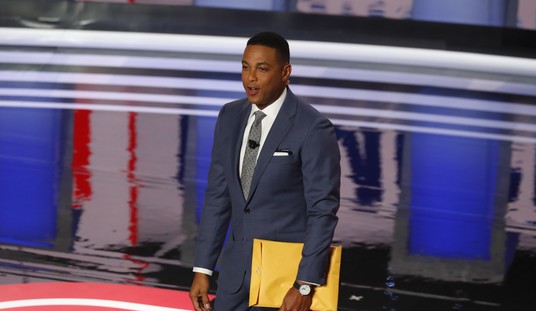The government is putting its printing press into overdrive. Congress passes new legislation every week that either bails out auto companies or bails out banks; the Federal Reserve has lowered its rates to zero and opened up the borrowing window; and the Federal Deposit Insurance Corporation (FDIC) has increased the amount of insurance it allows each bank account to be insured for.
In your own life, when confronted by a budget crunch, don’t you look for some free ways to alter your lifestyle to make things better? Our government can do the same. Here are two suggestions as to how the government can make the playing field fairer, and help alleviate the credit crisis without spending a penny.
First, they need to bring back the “uptick rule” to the stock market. The uptick rule was part of the Securities and Exchange Act of 1934. It allowed traders to sell a stock without owning it, but only after a slight rise in the price of the stock. The rule stopped raids from happening on stocks for 74 years. After being repealed on July 6, 2007, shorting could and still can be done without waiting for any upward movement in the price of the stock. Just sell the stock, hope the price action goes your way, and make money buying it back. Short sellers can be merciless. If there is enough selling pressure, a frenzied run on the stock can ensue. Investors are either forced to sell because of margin calls, or sell to save any profit they have left in the stock. If there is enough selling pressure, a run on the stock can start as investors sell to cover losses or take profits. It has been alleged that hedge funds colluded to attack different bank stocks.
Our nation’s stock exchanges are a public market where capital is raised for business. Of course, you can make money there speculating and investing. However, the primary role of this marketplace is for businesses to raise equity stakes to create cash for their balance sheets and continuing operations. By framing the role of the marketplace in this manner, having rules on speculative short selling provides proper regulatory control of the marketplace. Short selling would still be allowed, but the short seller would have to assume a little extra risk by selling into a higher price. Shorting stock does provide an invisible hand, as it keeps companies and investors honest. Call options writers would have special rules with regard to shorting stock. We have to limit the way short selling can occur because its misuse has brought detriment and dislocation to the marketplace. This change in regulation costs nothing.
Mark to market is a noble and correct (for the most part) idea. This accounting standard is destroying our banking industry. Toxic assets are continuously being marked down, eliminating the equity in our banks. Wherever there is a liquid market, or a closely comparable market, the bank ought to value assets at the market price. When there is no liquid or comparable market — as with many of these toxic assets — banks should not be forced to continuously write them down. In good times, they will be forced to continuously write them up, causing the bank to be overvalued. What we really want is an accurate valuation of the bank. Mark to market can distort the true value up or down.
How do we value the assets if there is no comparable market — no liquid market in which to value them? The first step would be to look at the cash flows from the asset and price them accordingly. At least this will provide some approximation of the future value of the asset. Accountants and financiers could argue over discount rates and timing of cash flows, but at least they would have some realistic numbers to look at. This would take a lot of pressure of banks’ balance sheets. Retooling the rules on this costs the government and the taxpayer nothing.
The third action government could take is to ban banks from paying dividends to any shareholders. Banks have severely reduced their dividends anyway. A government ban would give them cover from the marketplace. Companies that miss a dividend payment would be severely punished by the market. When banks are healthy again, the statute could be repealed. Again, no cost to taxpayers.
These three slight adjustments — bringing back the uptick rule, amending mark to market accounting standards, and prohibiting banks from paying dividends — will help the stock market and banking industry recover. This costs the government nothing, and is an efficient use of government.









Join the conversation as a VIP Member